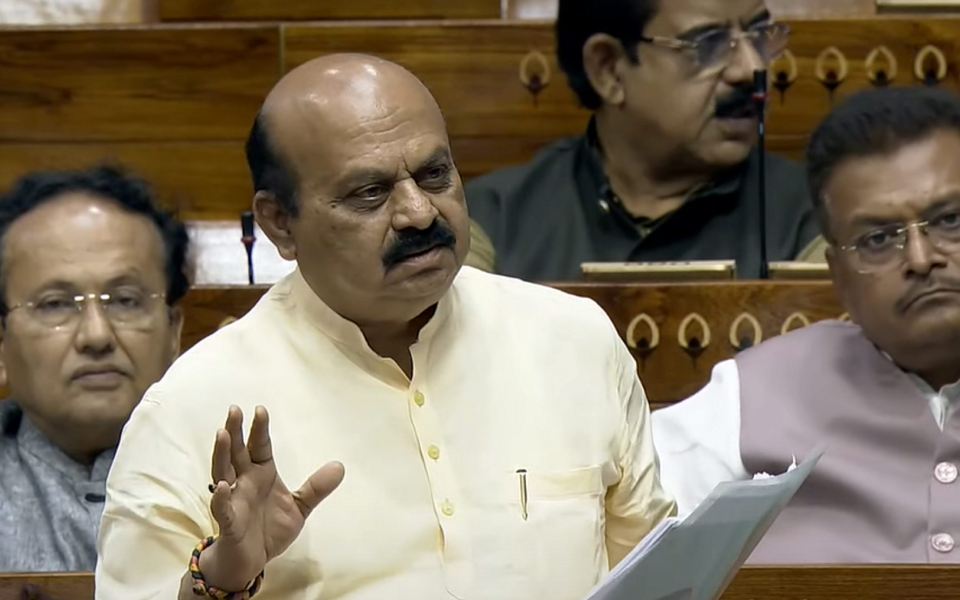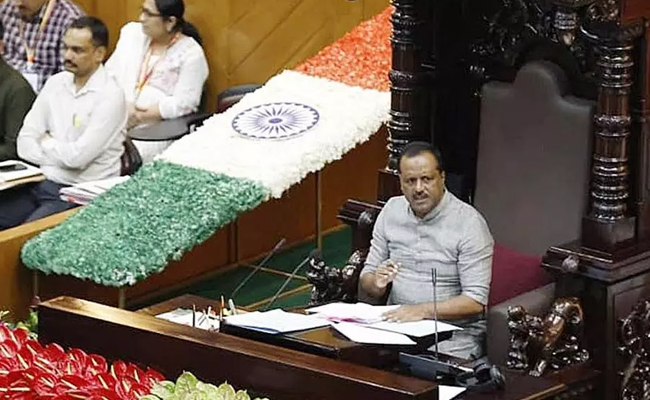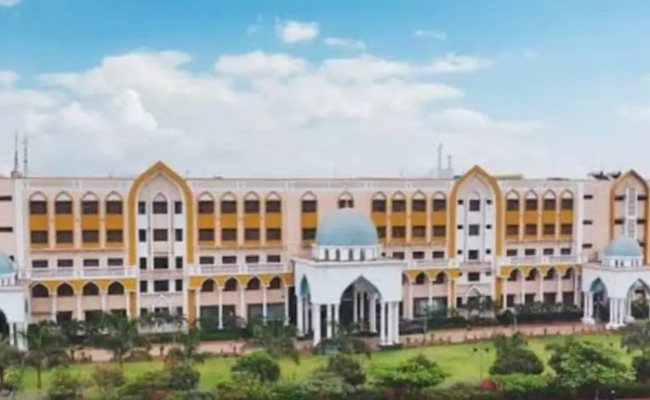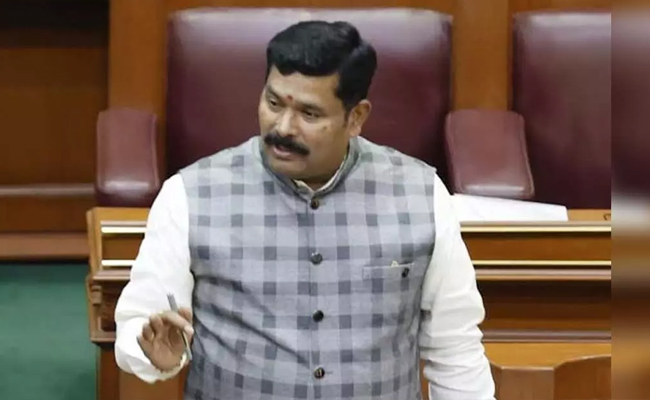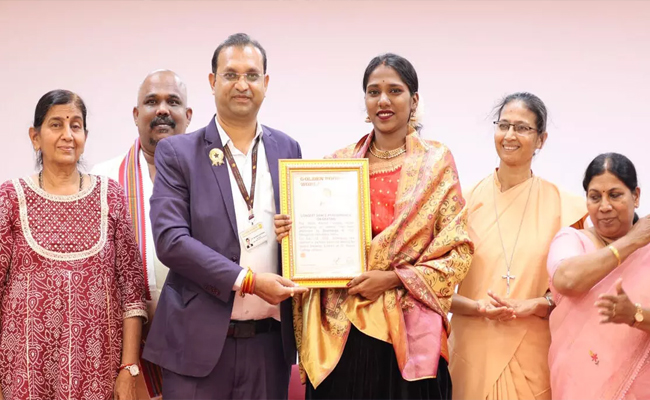New Delhi, Aug 6: BJP leader Basavaraj Bommai on Tuesday said India is marching ahead under Prime Minister Narendra Modi's leadership and will become a developed nation by 2047.
Participating in the discussion on the Finance Bill, 2024, in the Lok Sabha, Bommai also said that PM Modi commands credibility like former prime minister Lal Bahadur Shastri in terms of morality, leadership quality and enjoys people's confidence.
He further said that like 'Neelkanth' (another name of Lord Shiva), he braves all insults, but does only good for people.
Bommai said that but for Prime Minister Modi, the country would have been in a chaotic state economically, socially and politically.
"We are moving ahead in Amrit Kaal under the Modi government and our children will get to see a developed India by 2047," he said.
The former chief minister of Karnataka said that the biggest enemies of our country are poverty, unemployment, and illiteracy.
"There is no magic in economy... problems can't be solved in one day... We need to tackle problems in a scientific way and not do politics," Bommai said.
Participating in the debate, Abhay Kumar Sinha (RJD) said the Union Government has refrained from giving special status to Bihar despite the state being run by a "double-engine government".
"This shows how serious they are with regard to development of Bihar," Sinha said.
Shambhavi (LJP, Ram Vilas) said that Bihar is an emerging economy and the double-engine government at the Centre and the state will push growth in Bihar.
Let the Truth be known. If you read VB and like VB, please be a VB Supporter and Help us deliver the Truth to one and all.
Belagavi: Speaker U.T. Khader on Friday warned that members who disrupt Assembly proceedings by talking in their seats during debates will be made to sit in the House for an entire day as a disciplinary measure.
The warning came after the Question Hour, when Deputy Leader of the Opposition Arvind Bellad was permitted to initiate a discussion on the development of North Karnataka.
At this point, expelled BJP MLA Basanagouda Patil Yatnal objected, stating that he had been seeking a debate for the past three days but had not been given an opportunity.
ALSO READ: IndiGo board ropes in external aviation expert for flight disruption probe
Responding to the objection, Speaker Khader said Bellad had already been granted permission and assured Yatnal that he would be allowed to speak at the next opportunity. He noted that even as a serious discussion was underway, several MLAs were speaking among themselves with their microphones on, disrupting the proceedings.
Expressing displeasure over the conduct of members, Khader likened the situation to football, where players receive red, yellow, or white cards for violations. Similarly, he said, the Assembly issues warning cards to members who disturb the House. If they fail to correct themselves despite repeated warnings, they would be required to remain seated in the Assembly hall for a full day as punishment, he stated.

